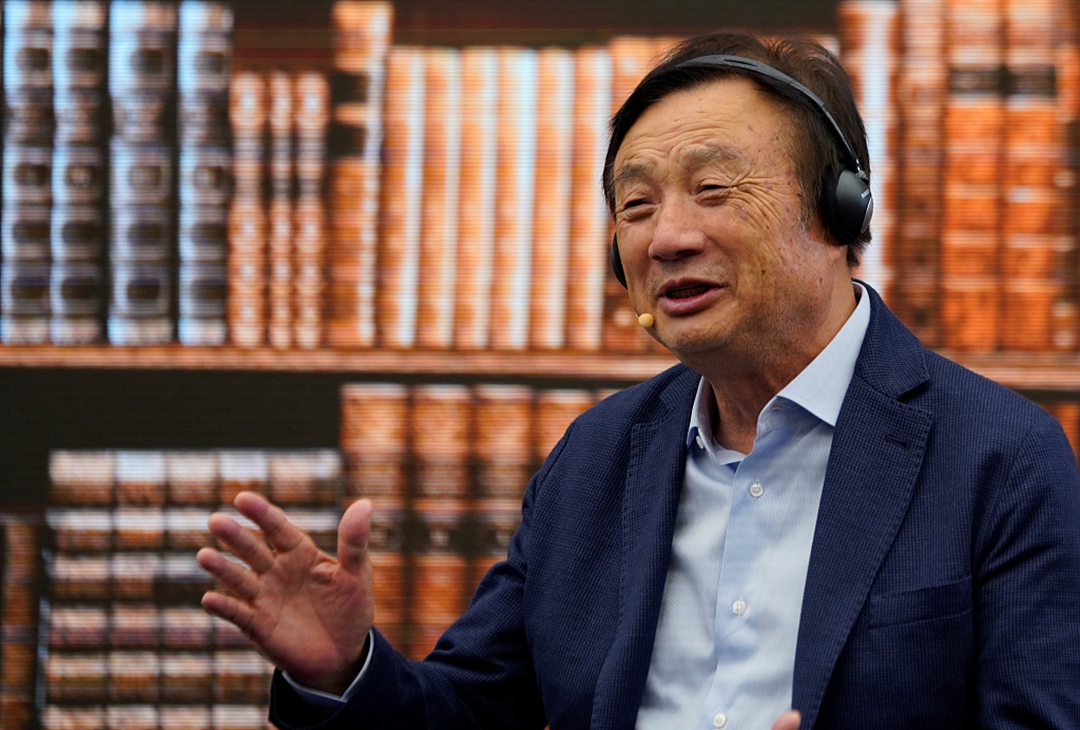It seems that Chinese tech giant Huawei is not letting the U.S. blacklisting hinder its 5G rollout. The company confirmed that it has started making 5G base stations without U.S. parts, according to media reports.
According to Reuters, Huawei founder and CEO Ren Zhengfei told in a forum on Thursday that his company will start mass production of U.S. component-free 5G base stations from next month, after conducting tests in August and September.
The initial plan is to make 5,000 such 5G base stations a month starting in October, and the company's total production of 5G stations would more than double to 1.5 million next year as more countries introduce the technology, according to Ren.
That number is in contrast with the 600,000 plan for this year, which includes those made with U.S. components and those without.

Huawei Founder and CEO Ren Zhengfei. /CGTN Photo
Huawei Founder and CEO Ren Zhengfei. /CGTN Photo
The U.S. Commerce Department in May placed Huawei on its so-called "Entity List," which effectively prohibited U.S. companies from supplying parts or software to the world's largest telecom gear maker without obtaining licenses.
Washington alleged that Huawei equipment posed national security risks, but failed to provide any evidence. The Chinese company has repeatedly denied such allegations and has taken steps to minimize the impact of the trade ban.
Will Zhang, Huawei president of corporate strategy, told Reuters that the performance of U.S.-free base stations was "no worse" and the company "has had positive surprises."
Despite that, Ren noted that Huawei would still use U.S. components if possible, as there are over 30 years' relationship between the firm and its U.S. suppliers.
Earlier this month, Ren said that he is open to selling Huawei's 5G technology to Western companies for a one-off fee.
Reuters reported that on Thursday Ren went further, saying Huawei was willing to license its 5G mobile technology to a U.S. company, and that he was not afraid of creating a rival by making Huawei's technology available to competitors.